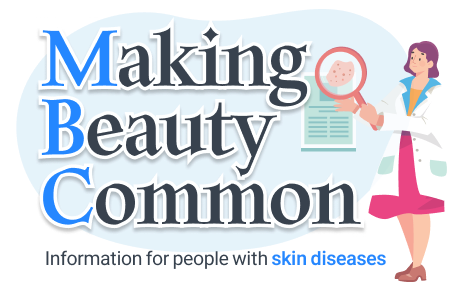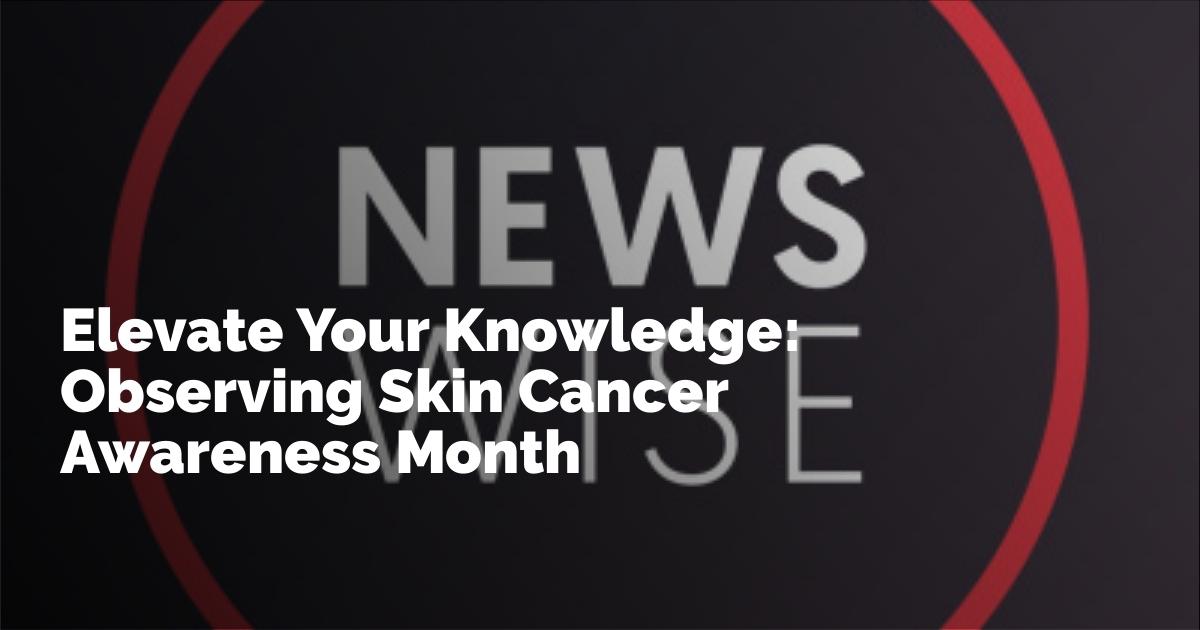Skin Cancer Awareness: A Call to Action
As the month of May rolls around, it brings with it an important reminder—Skin Cancer Awareness Month. With over five million cases diagnosed annually in the United States, skin cancer holds the title of being the most prevalent cancer in America. Understanding the gravity of these statistics underlines the importance of awareness, prevention, and prompt action.
The Prevalence and Prevention of Skin Cancer
Every single day, approximately 9,500 individuals in the United States hear the unwelcome diagnosis of skin cancer. However, there's a silver lining in this gloomy landscape—most skin cancers are preventable. Prevention is not just about staying out of the sun; it's about making informed choices and adopting protective measures that safeguard one's skin from harmful UV rays.
During the summer months, beach outings and poolside gatherings are common, but they also increase exposure to the sun. Simple preventive actions such as using sunscreen with at least SPF 30, wearing protective clothing, and seeking shade during peak sun hours can significantly reduce the risk of developing skin cancer.
Insights from Experts
Prominent experts from the George Washington University are at the forefront of skin cancer research and prevention, offering invaluable advice on how to protect your skin effectively. Dr. Vishal Patel, an associate professor of dermatology and the director of the Cutaneous Oncology Program at the GW Cancer Center, is a leading figure in the field. His expertise is instrumental in advancing our understanding of skin cancer and developing new strategies for prevention and treatment.
In addition, Dr. Adam Friedman, who chairs the dermatology department at the GW School of Medicine and Health Sciences, brings a wealth of knowledge and experience. His work in dermatology not only emphasizes prevention but also focuses on early detection and innovative treatment modalities.
Furthermore, Dr. Pooja Sodha, the director of the Center for Laser and Cosmetic Dermatology at the GW School of Medicine and Health Sciences, contributes her expertise in treating various skin conditions, highlighting the importance of both medical treatment and cosmetic care.
The Role of Education and Awareness
One of the critical steps in fighting skin cancer is education. Raising awareness about the risks of UV exposure and the importance of regular skin checks can empower individuals to take proactive measures for their skin health. This involves understanding how to perform self-examinations and knowing when to seek professional advice.
Educational campaigns during Skin Cancer Awareness Month play a pivotal role in disseminating information. These initiatives target diverse populations, emphasizing that everyone, regardless of skin tone or age, is at risk and should take precautions.
Technological Advancements in Skin Care
Innovations in technology are changing the landscape of dermatology. From advanced imaging techniques that allow for more accurate diagnosis to laser treatments that offer solutions with reduced recovery times, technology is revolutionizing how skin cancer is managed.
Experts like Dr. Sodha leverage these technologies to enhance patient care, ensuring that treatments are not only effective but also minimally invasive. These advancements also encourage early detection, which is crucial for successful outcomes.
The Importance of Research
Ongoing research is vital in the fight against skin cancer. Institutions like the GW Cancer Center are continually working on studies that explore new therapies and interventions. With research forming the backbone of medical advancements, continued funding and support for these endeavors remain crucial.
Dr. Patel and his colleagues at the GW School of Medicine and Health Sciences are involved in groundbreaking research that aims to reduce the incidence of skin cancer and improve patient recovery and prognosis.
Community Engagement and Support
Community outreach forms a significant part of raising awareness about skin cancer. By participating in local health fairs, providing free skin checks, and organizing informative seminars, healthcare professionals engage with the public directly, making prevention more accessible to all.
Family and community support networks also play a vital role in motivating individuals to undergo regular skin examinations and stay informed about the latest prevention strategies.
Real-World Impact of Awareness
The real-world impact of skin cancer awareness initiatives can be profound. Increased public awareness leads to earlier detection, which is often key in ensuring successful treatment outcomes. The involvement of healthcare professionals in educating the public not only enhances personal health but also contributes to overall community well-being.
By taking part in Skin Cancer Awareness Month, individuals commit to protecting their skin and supporting others in doing the same. This collective effort can significantly reduce the burden of skin cancer in society.
Concluding Thoughts
Skin Cancer Awareness Month serves as a powerful reminder of the necessity for vigilance when it comes to skin health. With guidance from experts at institutions like the George Washington University, along with community engagement and ongoing research, the fight against skin cancer is both active and hopeful.
As individuals embrace preventive measures and stay informed about their skin health, they contribute to turning the tide against skin cancer, ensuring a healthier future for themselves and generations to come.
출처 : Original Source

